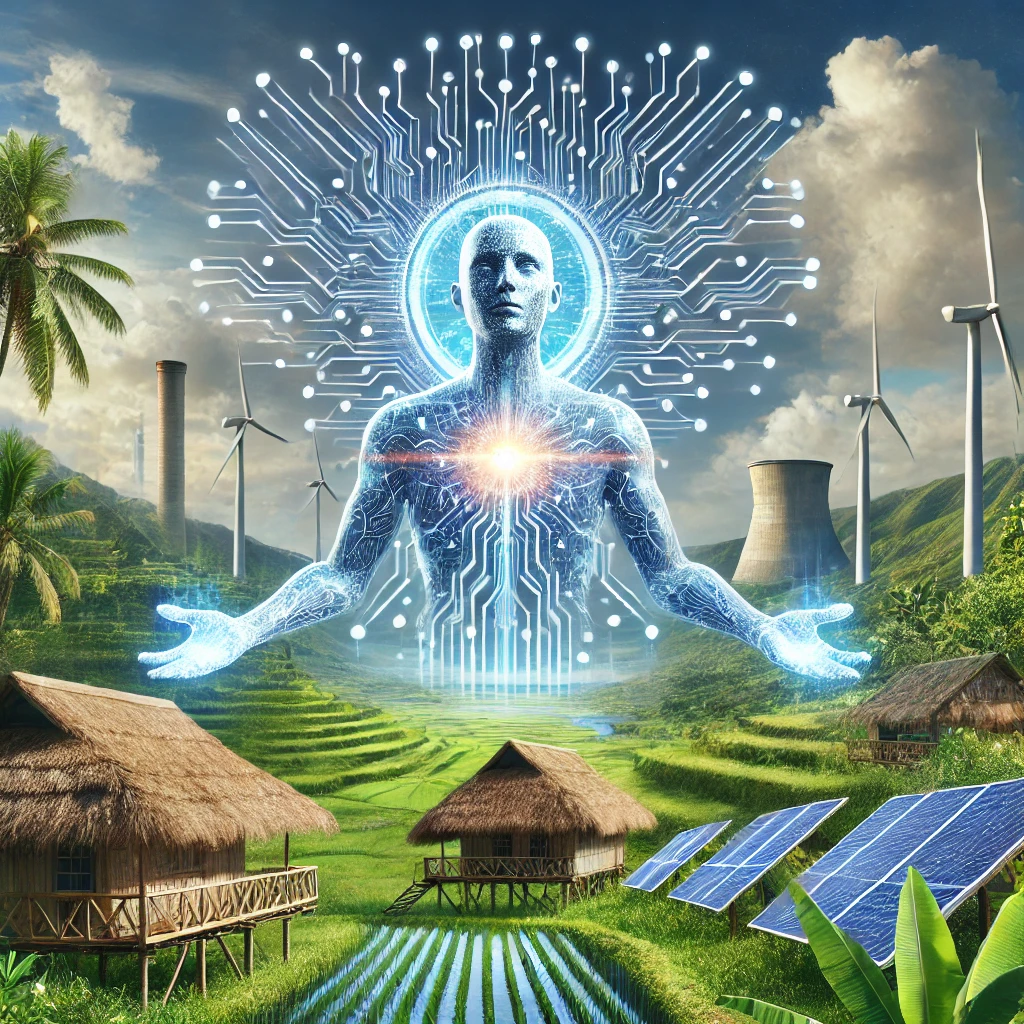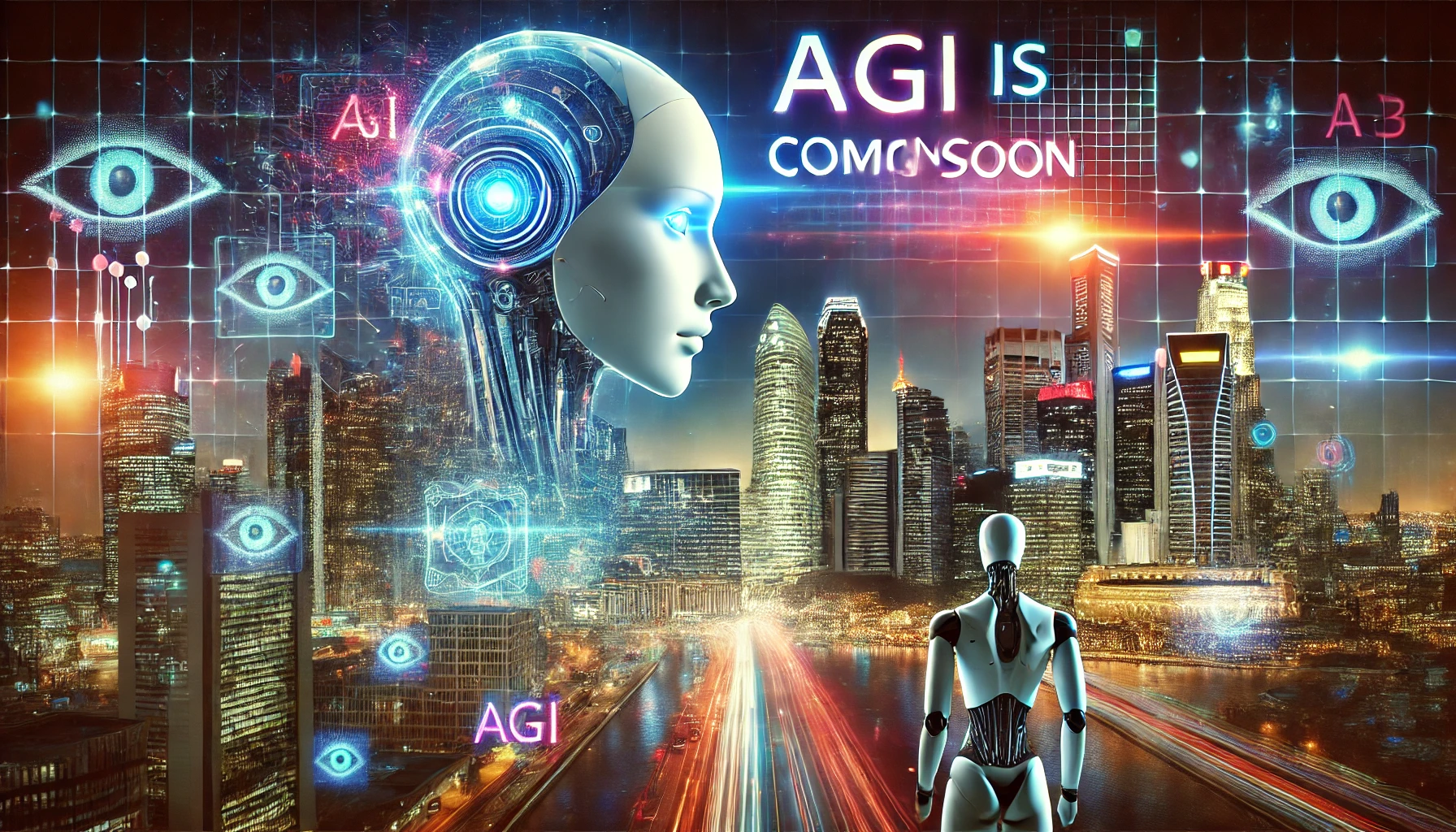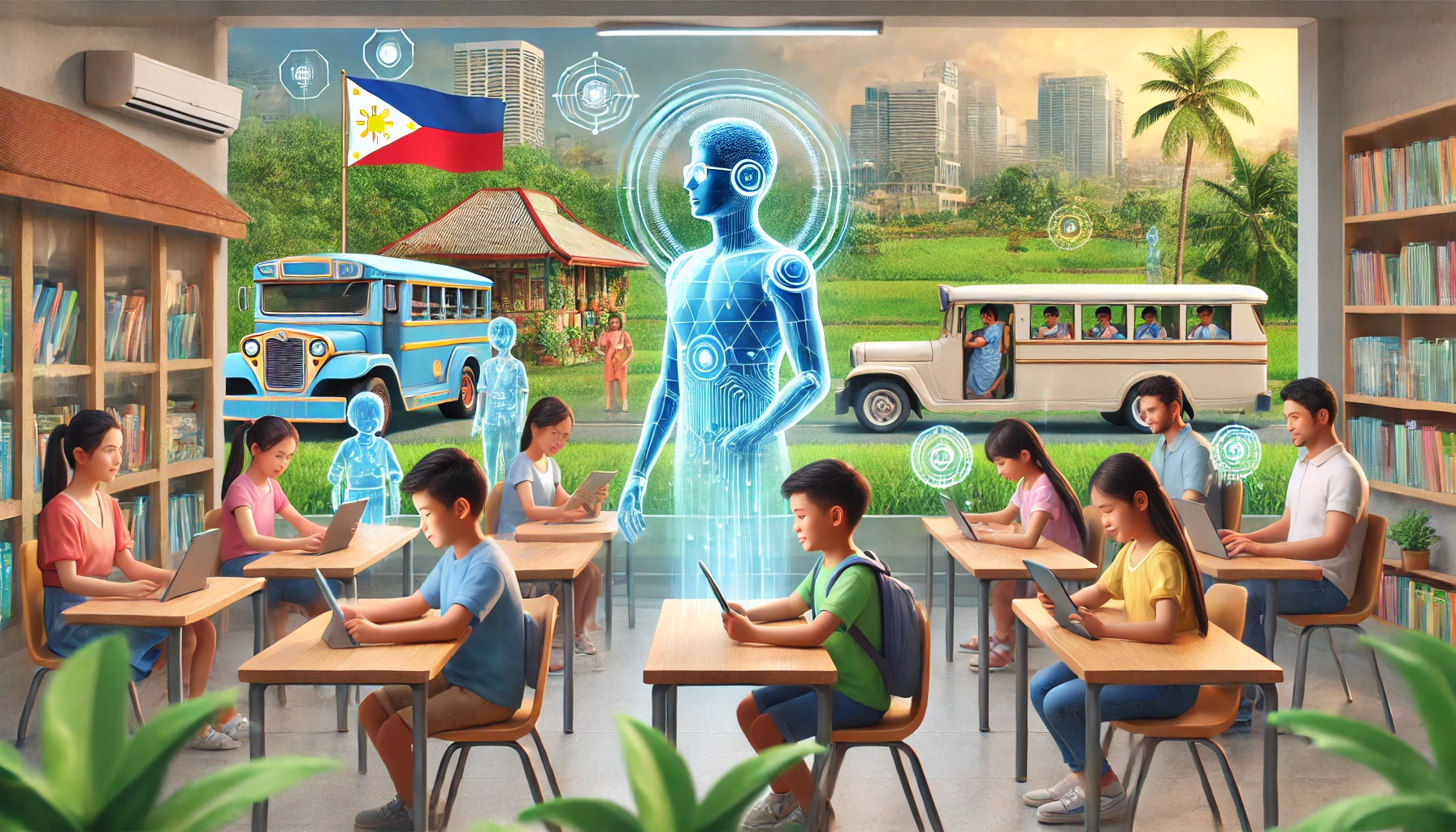The Philippines, an archipelago rich in natural resources, faces significant energy challenges. High electricity costs, frequent power outages, and reliance on imported fossil fuels underscore the urgent need for sustainable and affordable energy solutions. Artificial General Intelligence (AGI), with its capacity to learn, adapt, and innovate across diverse domains, offers transformative potential in addressing these issues. Here’s how AGI can spearhead the development of affordable renewable energy solutions in the Philippines.
1. Optimizing Energy Resource Management
The Philippines is endowed with vast renewable energy resources, including solar, wind, hydro, and geothermal power. However, inefficient resource management often hampers their full utilization. AGI can analyze geospatial data, weather patterns, and resource availability to pinpoint optimal locations for renewable energy projects. For instance:
- Solar Energy: AGI can evaluate solar irradiance data to identify the best sites for solar farms.
- Wind Energy: Using meteorological and topographical data, AGI can determine locations with consistent wind flow for wind turbines.
By ensuring resources are utilized effectively, AGI can significantly reduce project costs and improve energy yield.
2. Enhancing Energy Storage Systems
Intermittency is a common challenge with renewable energy sources. AGI can advance the development of cost-effective energy storage solutions by:
- Designing innovative battery technologies that use locally available materials.
- Optimizing energy storage systems for specific geographic and climatic conditions.
- Predicting energy demand patterns to improve storage efficiency and reduce wastage.
These advancements can stabilize the energy grid, ensuring a consistent power supply even during peak demand.
3. Streamlining Energy Infrastructure
The fragmented geography of the Philippines makes energy distribution challenging. AGI can model and implement intelligent energy grids that:
- Integrate multiple renewable energy sources seamlessly.
- Automate real-time energy allocation to reduce transmission losses.
- Predict and prevent grid failures through advanced diagnostics.
Smart grids powered by AGI can lower energy costs by improving efficiency and reliability.
4. Reducing Manufacturing and Maintenance Costs
Renewable energy technologies often come with high upfront costs. AGI can revolutionize the manufacturing and maintenance of renewable energy systems by:
- Developing cost-effective production methods for solar panels, wind turbines, and batteries.
- Using predictive maintenance algorithms to reduce downtime and repair costs.
- Designing modular, scalable systems tailored to the needs of small communities or large urban areas.
These innovations can make renewable energy solutions more accessible to rural and urban populations alike.
5. Enabling Microgrid Development
Microgrids are a viable solution for remote areas in the Philippines, where centralized energy distribution is unfeasible. AGI can:
- Design customized microgrid systems for off-grid communities.
- Optimize energy generation and consumption within microgrids.
- Facilitate community-based energy trading using blockchain technologies for transparency and fairness.
Such localized energy solutions can empower underserved communities while reducing their reliance on fossil fuels.
6. Driving Policy and Investment
AGI can play a pivotal role in influencing energy policies and attracting investment by:
- Simulating the long-term economic and environmental impacts of renewable energy projects.
- Providing data-driven insights to policymakers for drafting effective legislation.
- Identifying high-impact investment opportunities for stakeholders in the renewable energy sector.
These contributions can create a favorable environment for sustainable energy development in the Philippines.
7. Promoting Public Awareness and Engagement
One of the barriers to widespread adoption of renewable energy is public resistance or lack of awareness. AGI can:
- Develop educational campaigns tailored to different demographics.
- Use natural language processing to address public concerns and misinformation.
- Create interactive tools to demonstrate the benefits of renewable energy in an engaging way.
An informed and involved populace is key to driving the renewable energy revolution.
Conclusion
The Philippines stands at a crucial juncture in its energy transition. With its unparalleled problem-solving capabilities, AGI can catalyze the development of affordable, efficient, and sustainable renewable energy solutions. By optimizing resource management, enhancing storage systems, streamlining infrastructure, and driving public engagement, AGI holds the promise of transforming the Philippines into a global leader in renewable energy innovation. As the country harnesses the power of AGI, it not only paves the way for energy independence but also sets a benchmark for sustainable development worldwide.
[SEO optimized]


